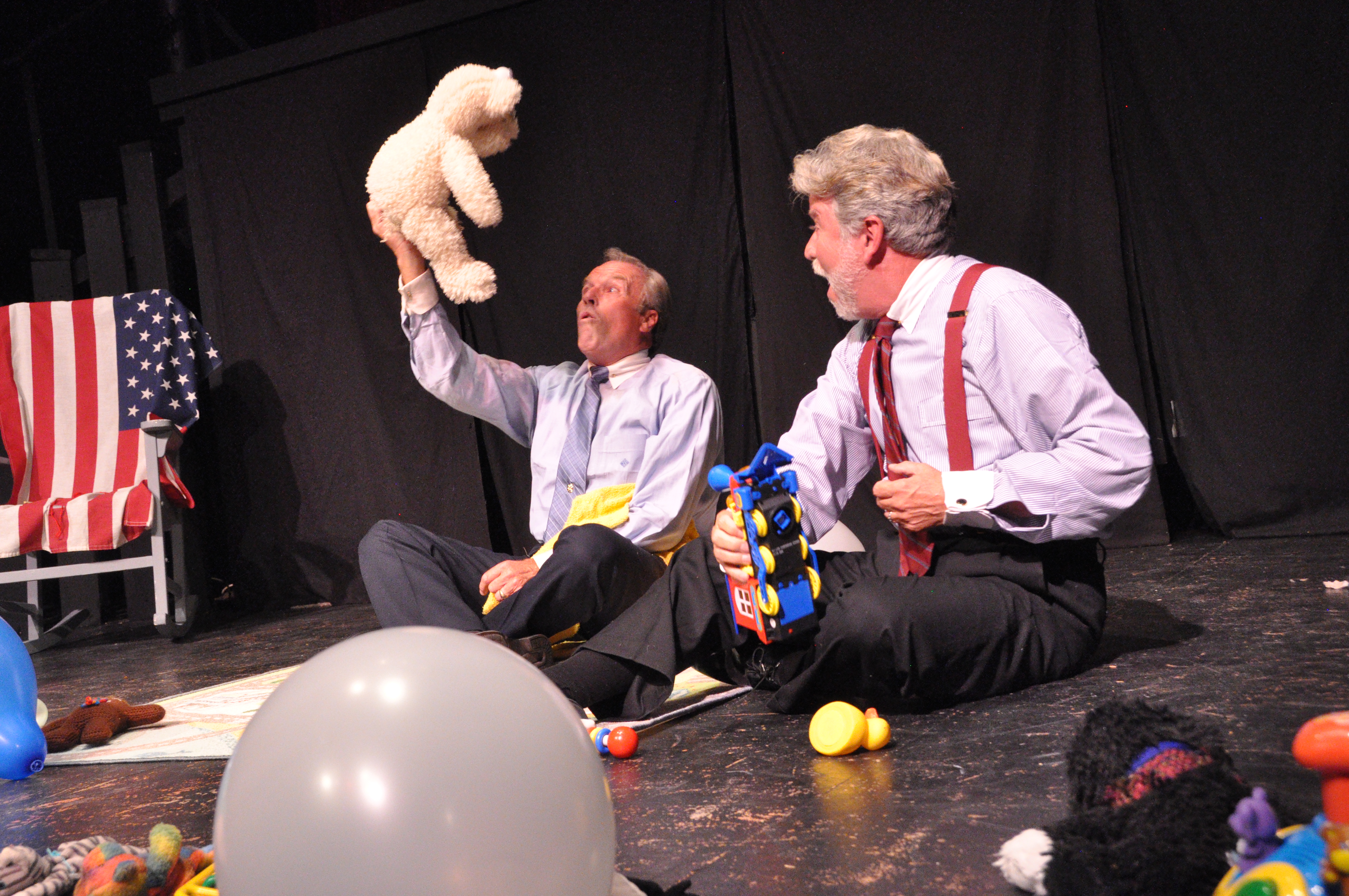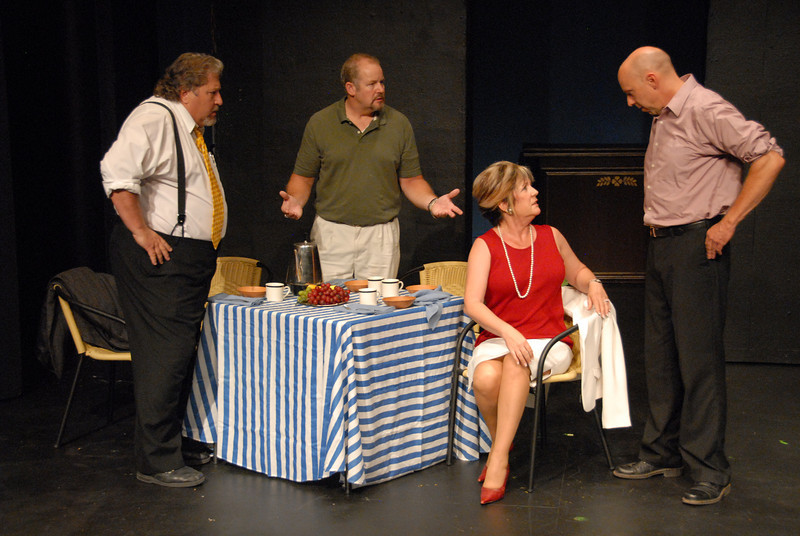The thing about surrendering control of a play to a staged reading is that it renders you as powerless as the rest of the audience. You become nothing more than a (high-stakes) observer – helpless to correct actor’s missteps, unable to clarify a misspoken line, and useless to make certain anyone sees what you see in this seed of an idea.
You sit.
You wait.
You cringe and chuckle and sweat.
And at the end of it all, you sit and listen to your fellow observers (though you are now center stage) – an exhibition to ask questions of, offer advice to, and seek story solace from… all in the hopes of helping you make the play better… all under the guise of shared responsibility to help you “develop” your script.
And if you’re lucky, you write enough of what is said down so that you can look at it later… when you’re alone… back in the comfort of your unobserved work space. And you hope that it will somehow help you solve your act break SNAFU, a character aberration, or some other detail that’s been bothering you (or your readers).
You hope that anyone present with the ability to advance your career liked your play enough (or your comments/laugh/shoes enough – you’re not picky) to remember you and maybe invite you to play at their theatre somehow. You hope that if this damn play gets read enough, the next theater that tells you they like it will do something more than just present it as a reading, because really, you’ve already put this play through 10 million (or 6) of those already and isn’t it about time someone started putting productions where their compliments are?
Because you’re a playwright.
And Playwriting is messy, public business.
And you can’t wait to get into a bigger, more public arena, with new actors and directors, where you are once again rendered helpless in the back of a (bigger) audience as the curtain rises…
Sweating even bigger bullets.
(Reposted from Tiffany’s blog, AwdsAndEnds.com)





